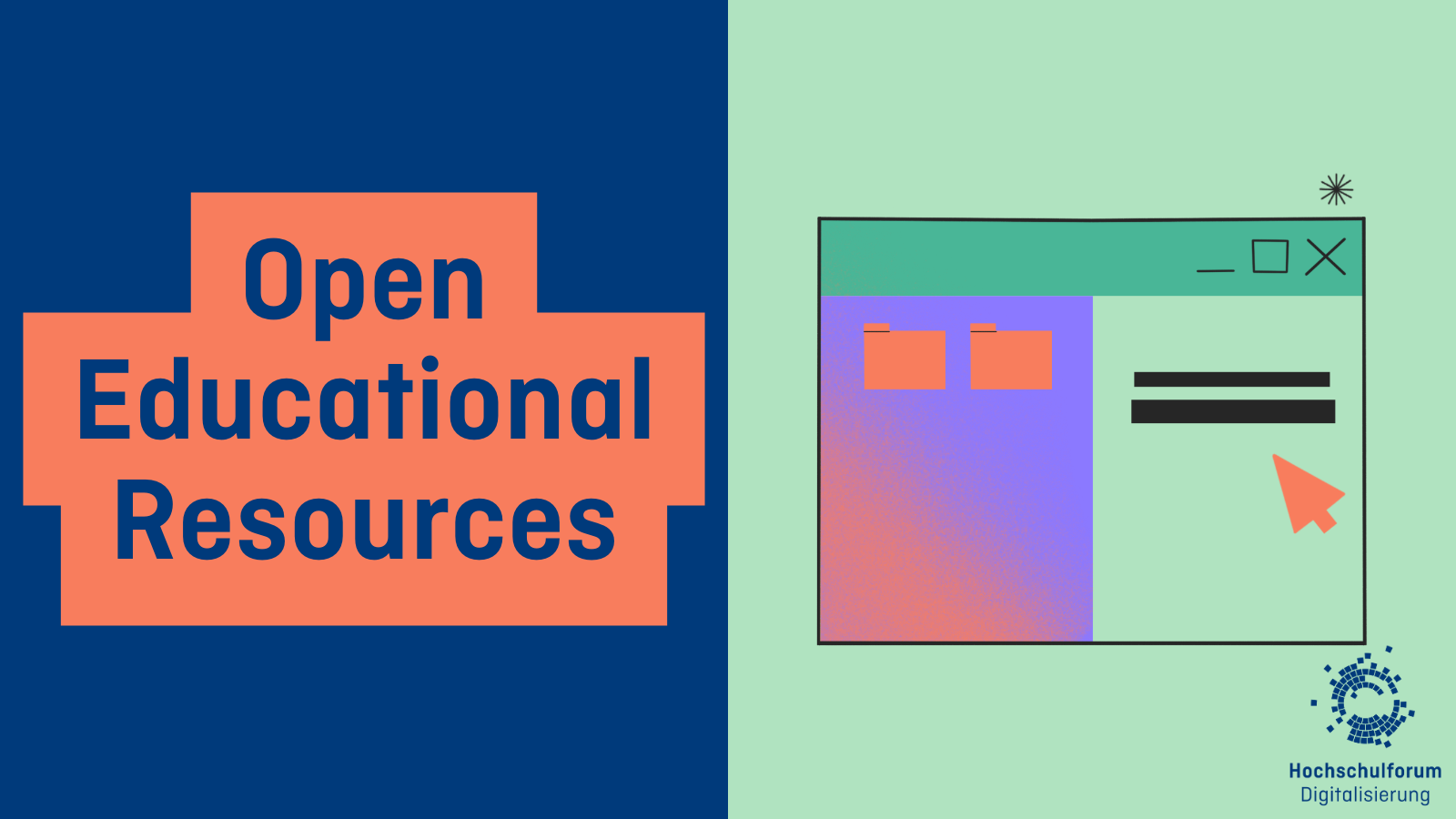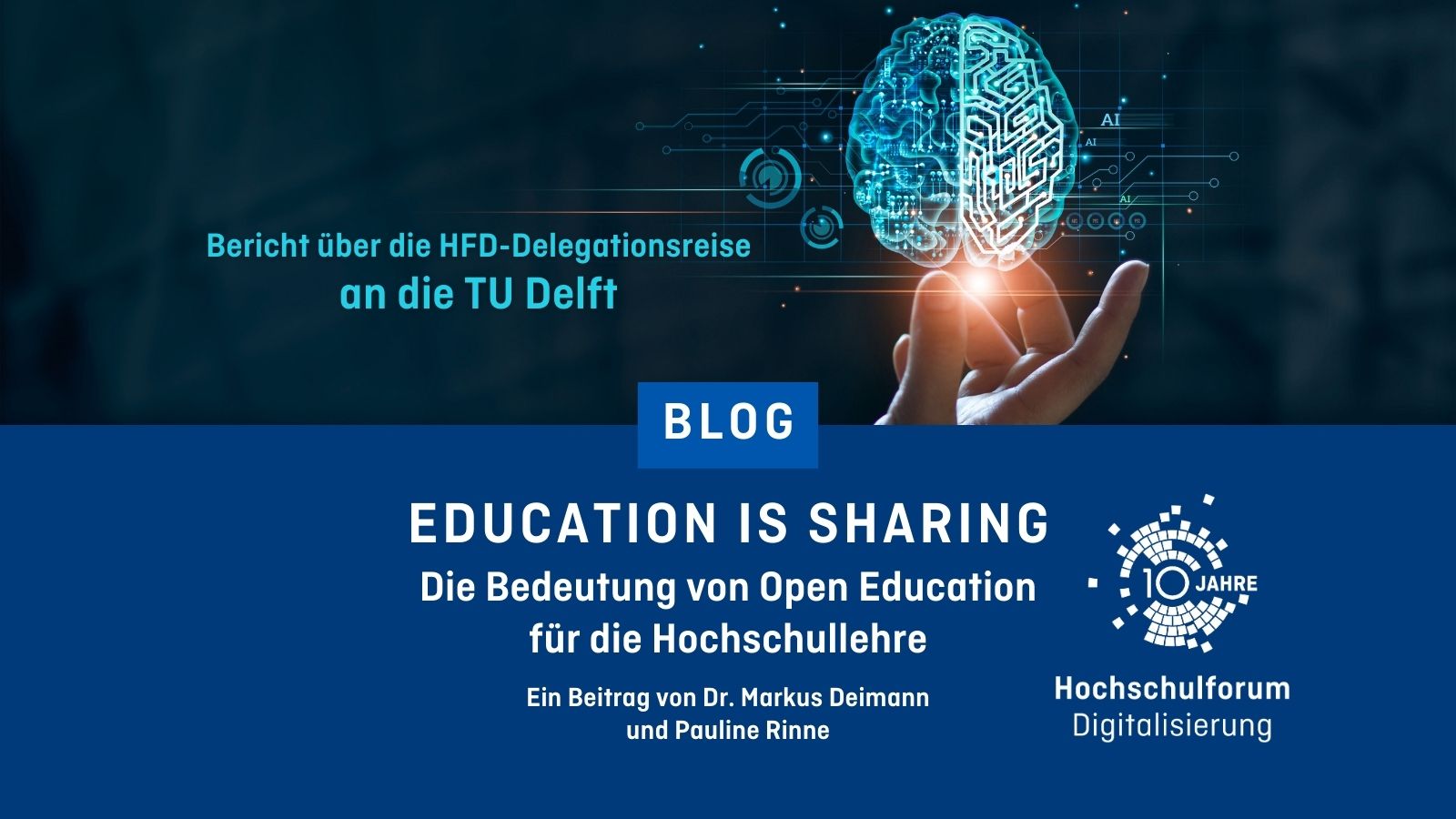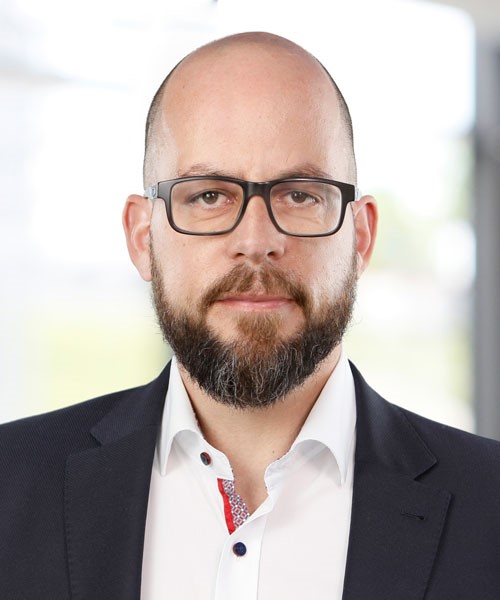Open Educational Resources (OER)

Open Educational Resources (OER) enable universities to exchange teaching and learning materials flexibly, promote equal opportunities and accelerate innovation in teaching. Similar to interoperability in the digital infrastructure, OER can overcome institutional boundaries and initiate sustainable change processes.
The Netherlands as a driving force
In spring 2024, a delegation sponsored by the HDF visited TU Delft (NL), which plays a pioneering role in Europe when it comes to openness in higher education. TU Delft awards “Open Education Ambassadors” every year, setting standards for the structural anchoring and active appreciation of the open commitment of teachers.
Insights and impulses from the delegation trip
- Transparency and recognition: An index for OER and a nationwide Open Education Award would make commitment visible and reward it institutionally.
- Systemic impact: When OER activities are incorporated into rankings, funding decisions and appointment procedures, this creates an incentive for a sustainable open education culture.
- Standardization and scalability: OER as a teaching and learning standard facilitate cross-university cooperation and the development of joint educational offerings, comparable to European interoperability frameworks.
- Access and participation: Openness in learning materials and research promotes wider access, participation and innovation.
- Flexibilization: OER-based microcredentials and modular offerings increase efficiency, international visibility and individual educational pathways.
The experience of the OER delegation shows: Open education works best when universities not only rely on technical solutions, but actively involve and strategically promote all stakeholders, especially teachers. Internationally successful models such as the one from Delft prove that a systematic commitment to openness and networking makes a lasting difference – for individual universities and the entire European Higher Education Area.
You can find further insights into key findings, experiences and recommendations in both the blog post and the Hangout.

Education is Sharing: Die Bedeutung von Open Education für die Hochschullehre
Delegation

PD Dr. Markus Deimann
leitet die Geschäftsstelle des Landesportals ORCA.nrw mit Sitz an der Ruhr-Universität Bochum. Er ist zudem Privatdozent für Bildungswissenschaft an der FernUniversität in Hagen.

Paulina Rinne
promoviert derzeit am Fach Religionswissenschaft zum Schwerpunkt Gender und Religion. Seit März 2022 ist sie außerdem Gesamtprojektkoordinatorin des HessenHub und Leiterin der Gemeinsamen Servicestelle.

